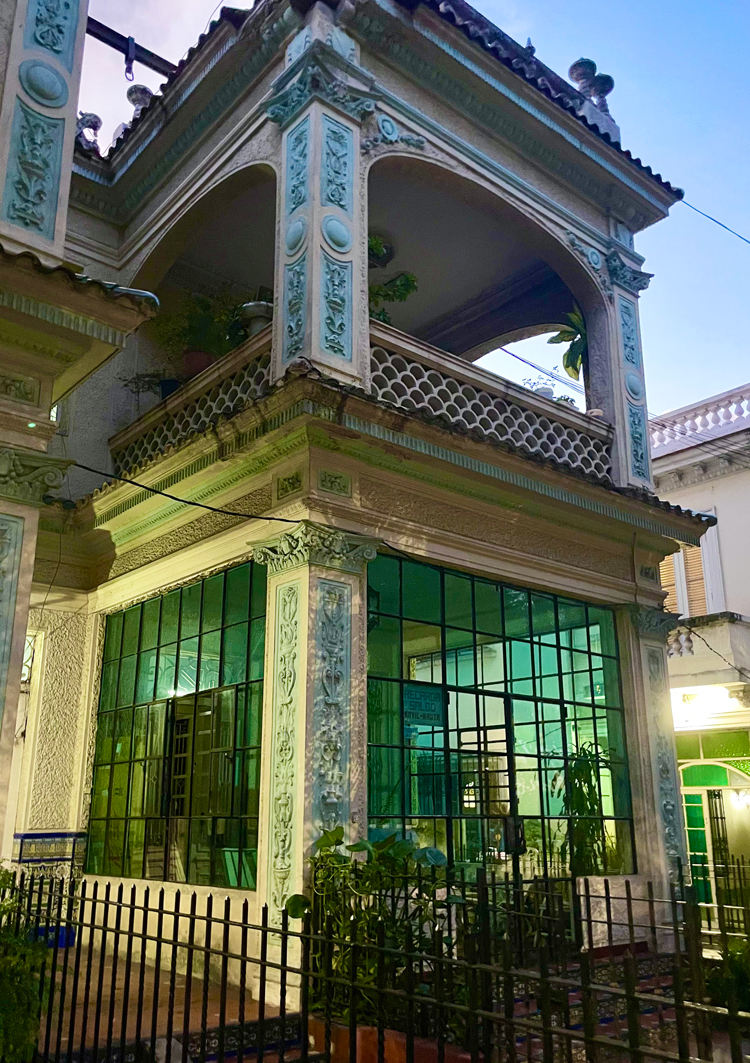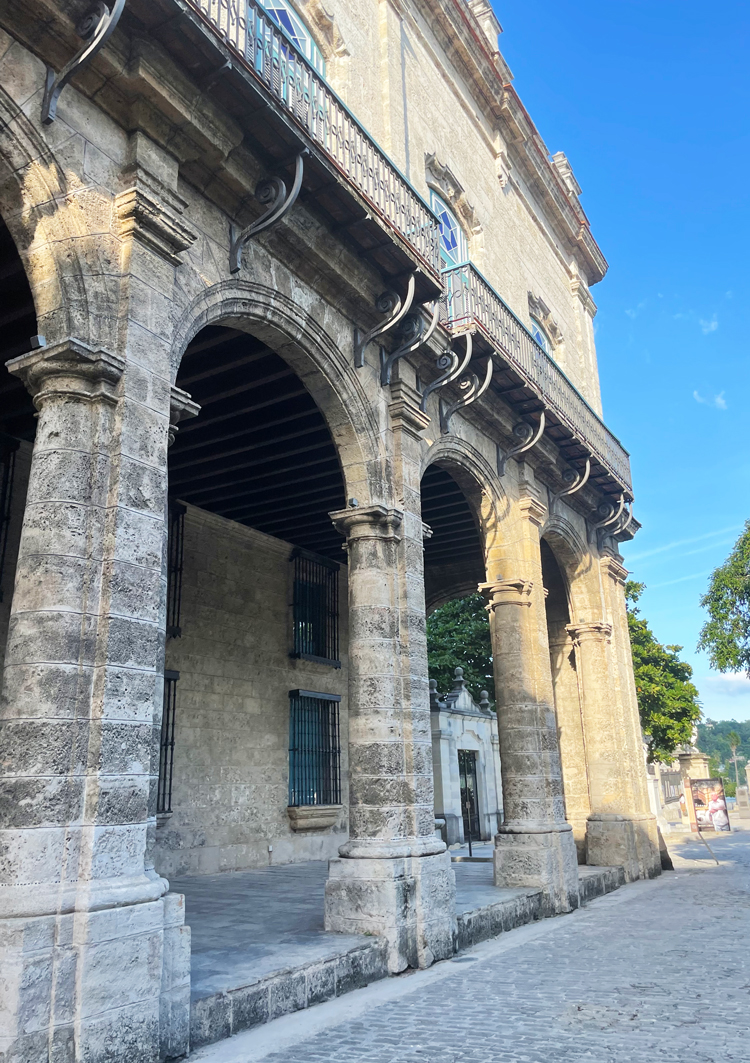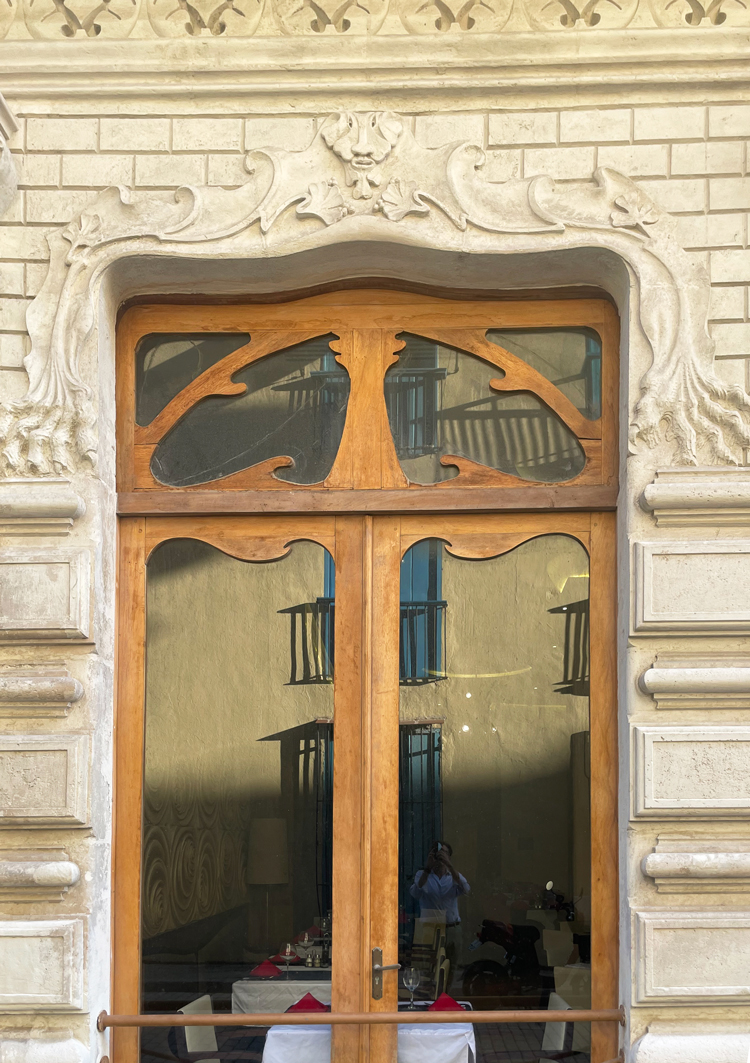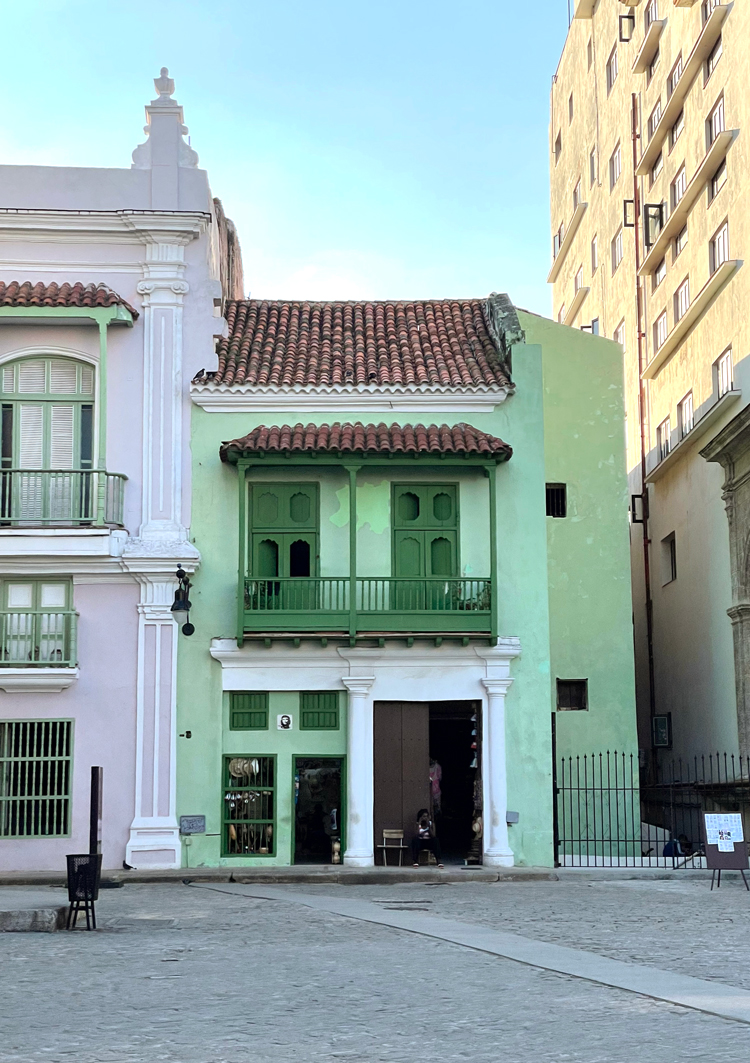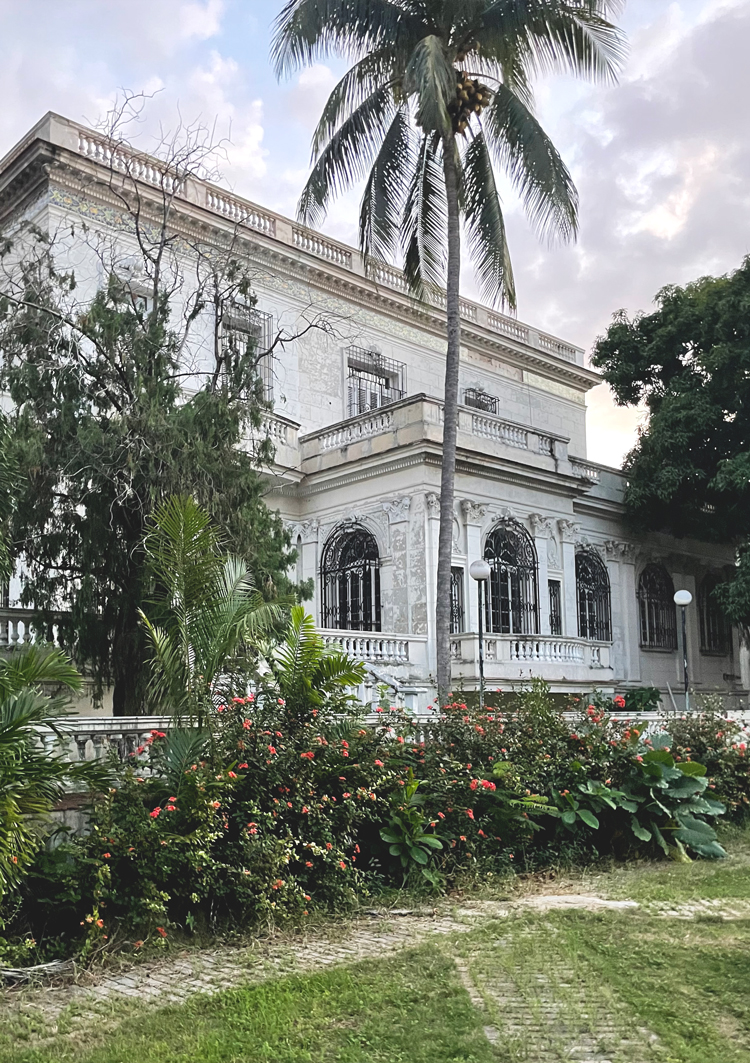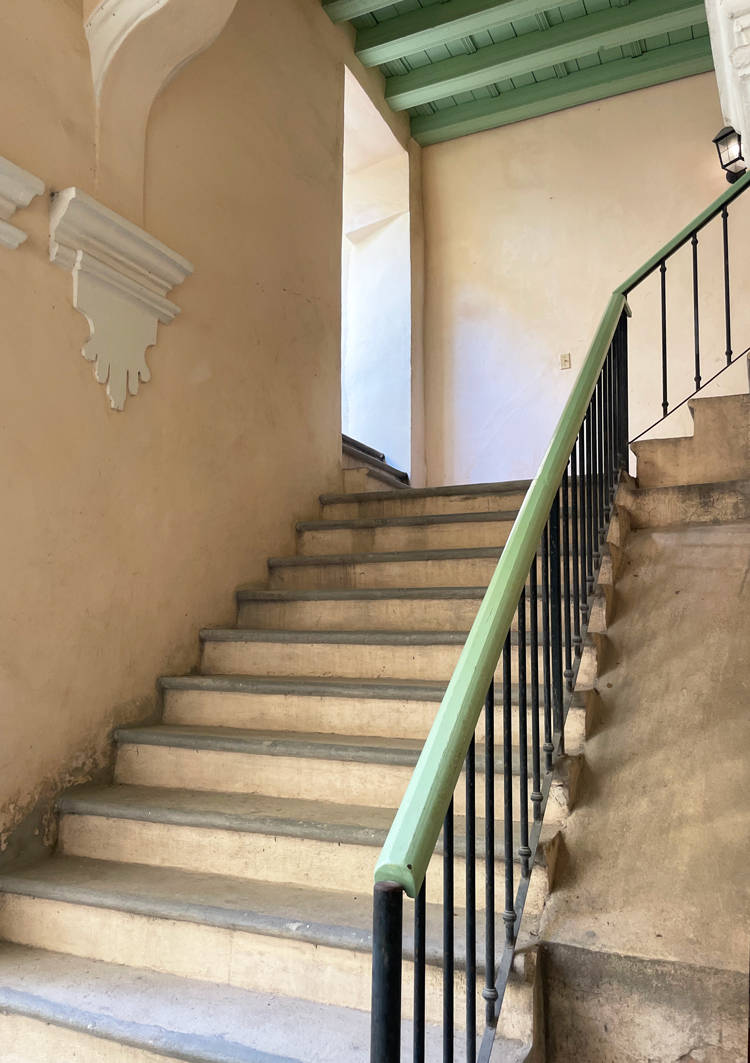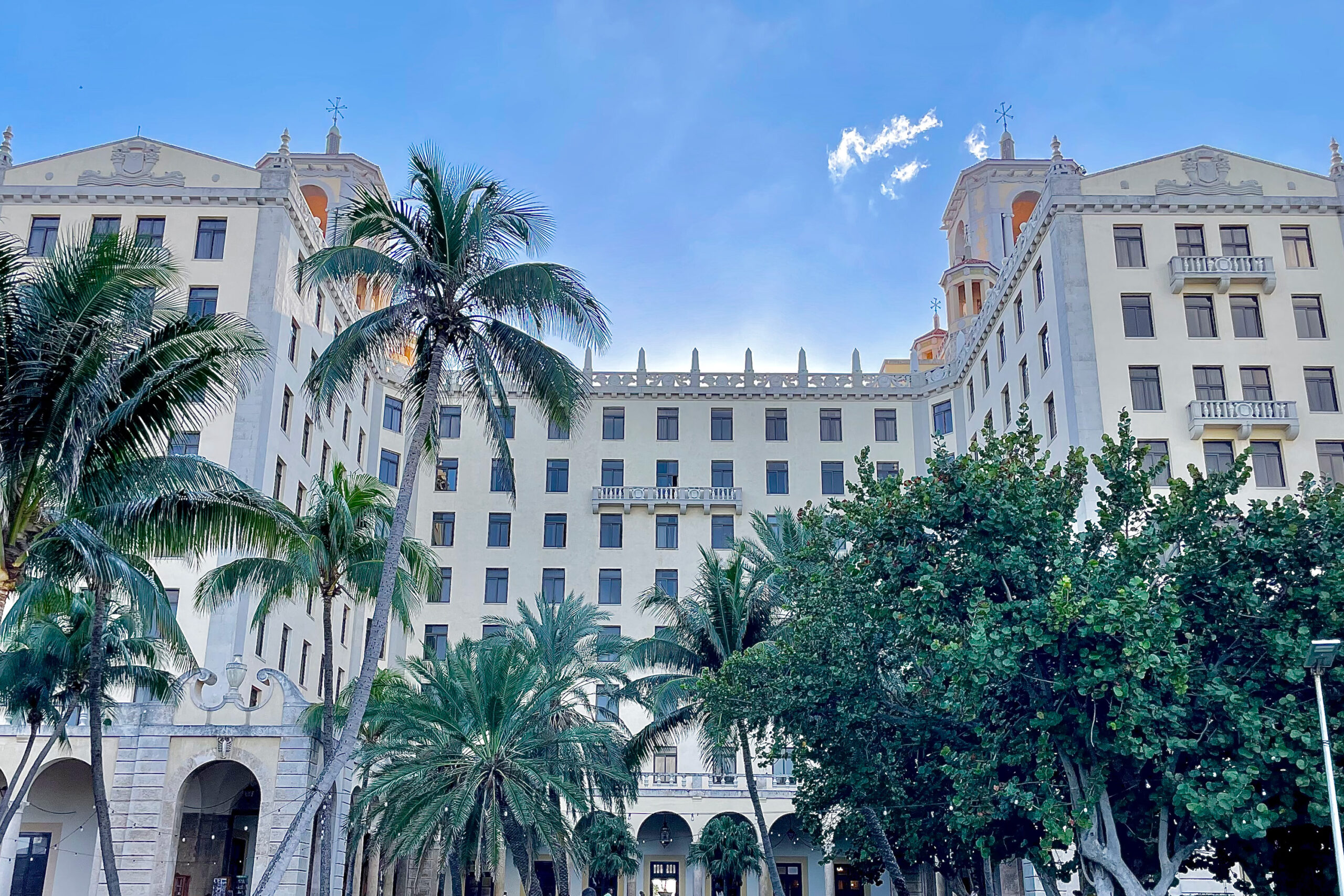
Dispatch from Cuba
For our globe-trotting co-founder Martin Horner, it was the most wonderful of gifts: A Day with Dan, bestowed by a beloved brother seeking to make special memories with every member of his family. “We each got to pick a place anywhere in the world to spend a day in with Dan,” Martin explains. “I chose Cuba.”
And that’s how Martin found himself, for twenty-four fascinating hours, in the “Pearl of the Antilles,” soaking in both its faded beauty and dramatic history from a thrillingly intimate vantage point. “Because there are few opportunities available to them, young Cubans have become very creative in devising ways to make money,” Martin says. “Many act as tour guides and host visiting Americans, creating experiences for travelers like us.” With interactions with architects, artists, photographers, and sculptors on the pair’s agenda, Martin and his brother enjoyed a unique immersion into the country’s creative side. “Antique cars, cigars, rum – of course we partook in all of that,” Martin says. “But we got to go beyond the typical tourist activities and spend time with locals, which was the coolest, most luxurious thing we could do. It was like being Cuban for a day.”
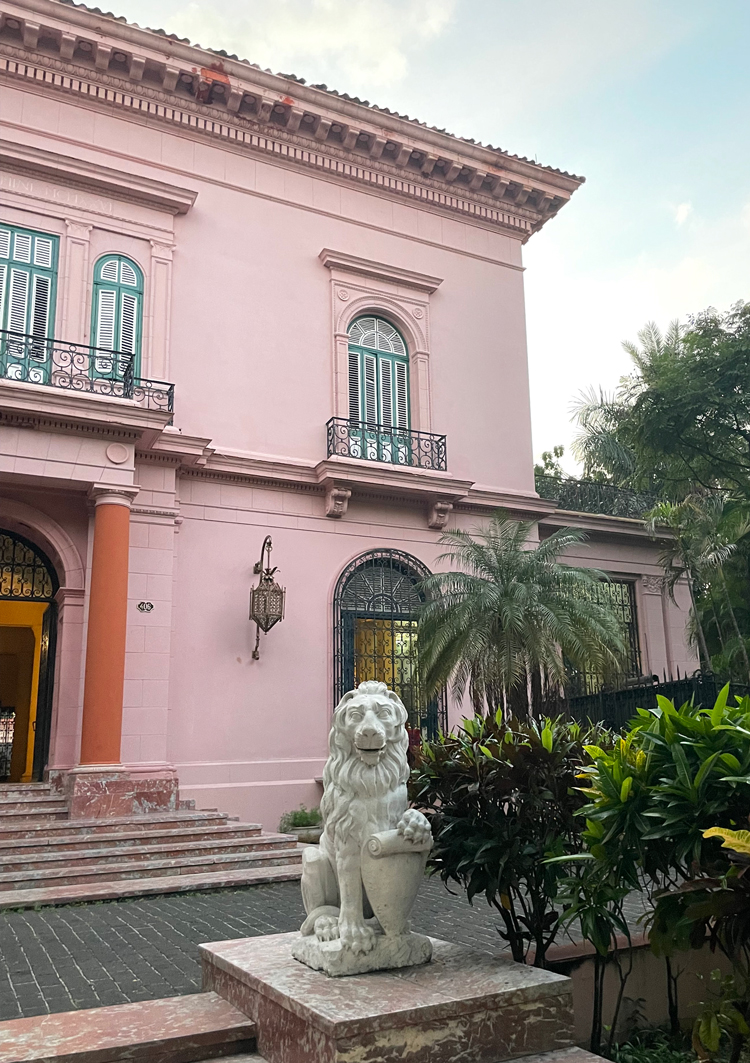
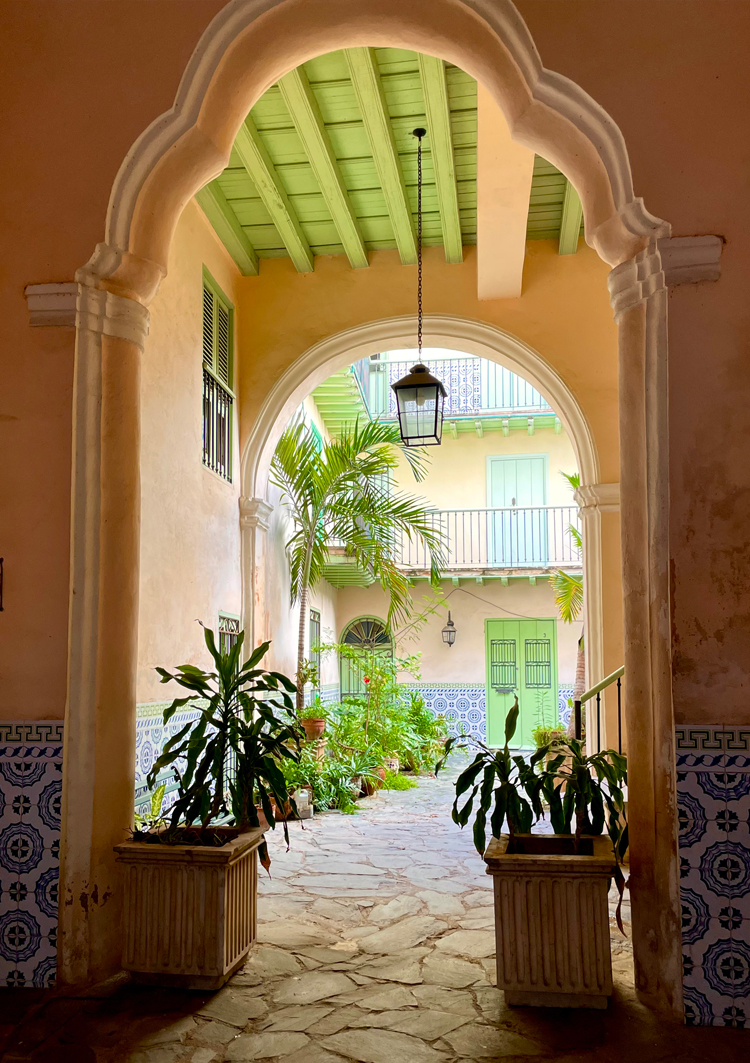
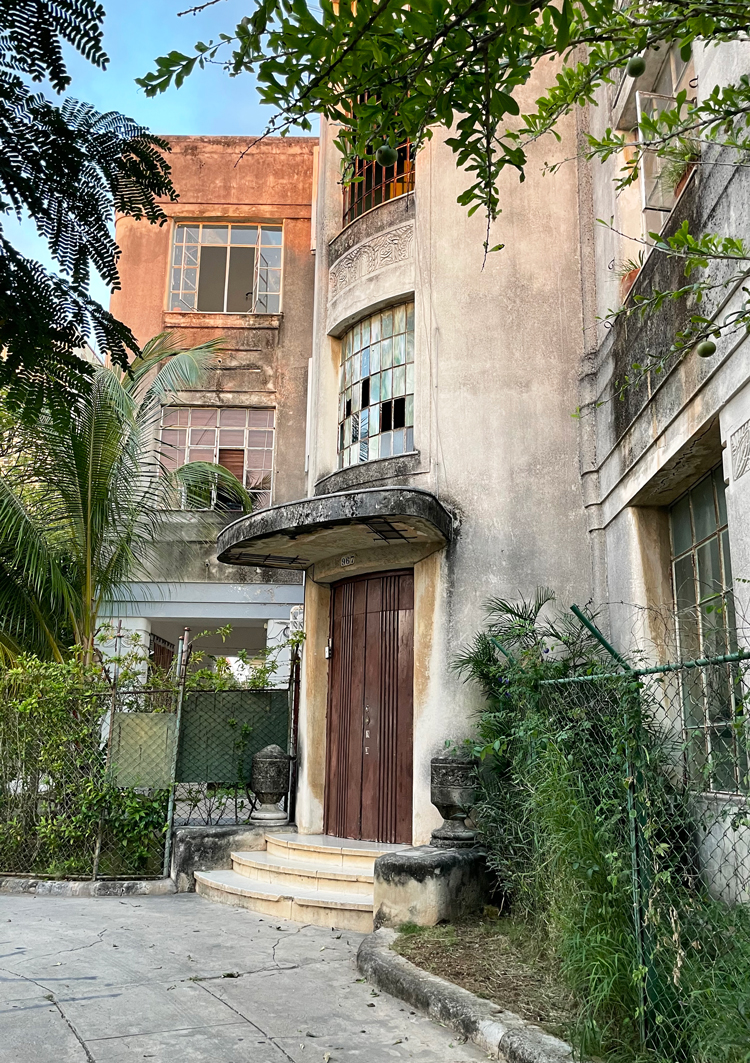
Among Martin’s deepest impressions was Cuba’s untouched decay. “As a designer, I was saddened by it but also drawn to it,” he says. “Everywhere we looked we were reminded that Cuba was once a vibrant, wealthy, flourishing country. An opera house from the eighteenth century made it feel like we were in Vienna – except for the fact it had been neglected for decades. Hemingway’s house was completely unprotected from the elements. There’s no effort being made to protect any of Cuba’s treasures. It was mind-boggling in that way.”
In other ways, however, Martin found signs of energy and hope. “Young people are eager to share their culture. There are great food and art scenes, and music. It doesn’t feel like a ghost town. There were people everywhere,” he says.
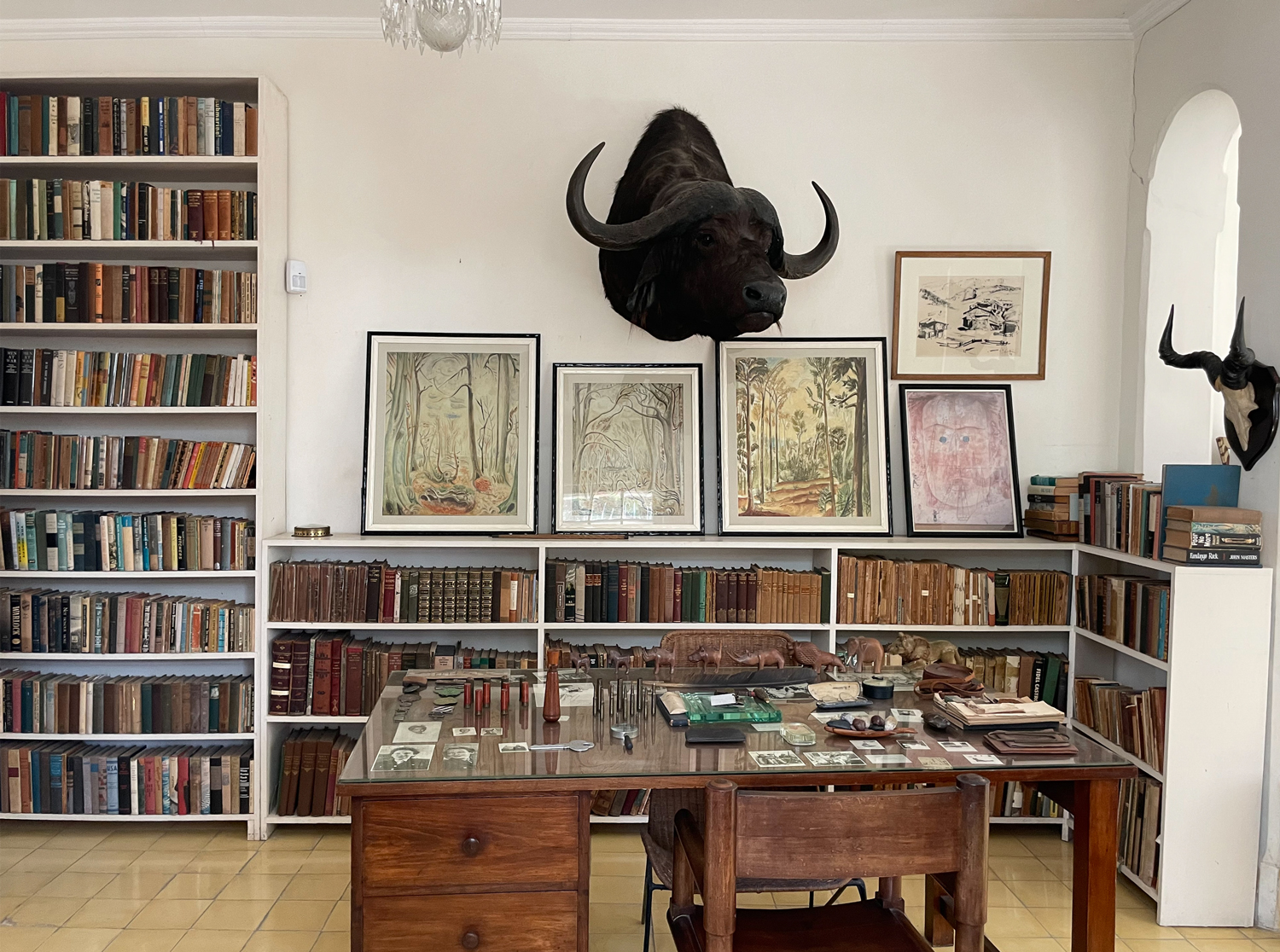
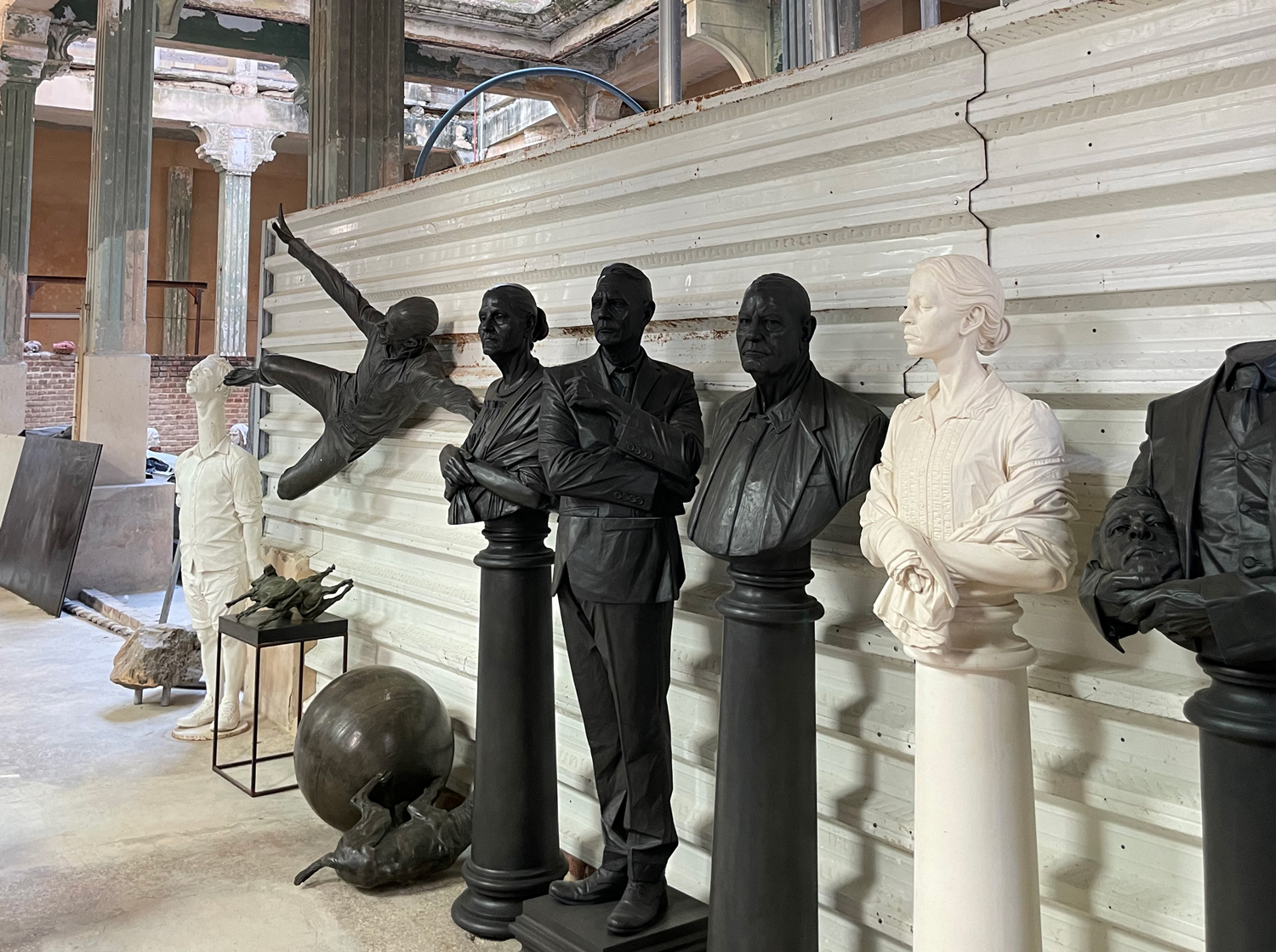
Also encouraging, from Martin’s perspective as co-owner of Soucie Horner’s Wickwood Inn, were the accommodations he and his brother enjoyed. Because Americans are prohibited from staying in Cuba’s hotels, enterprising locals have purchased homes and converted them into small inns. “They’re wonderful places to stay because you get that authentic experience of being in someone’s home,” Martin says. “They serve food, and there’s art. They’re small and luxurious, and reaffirmed what we’re doing at the Wickwood. Bigger isn’t always better.”
